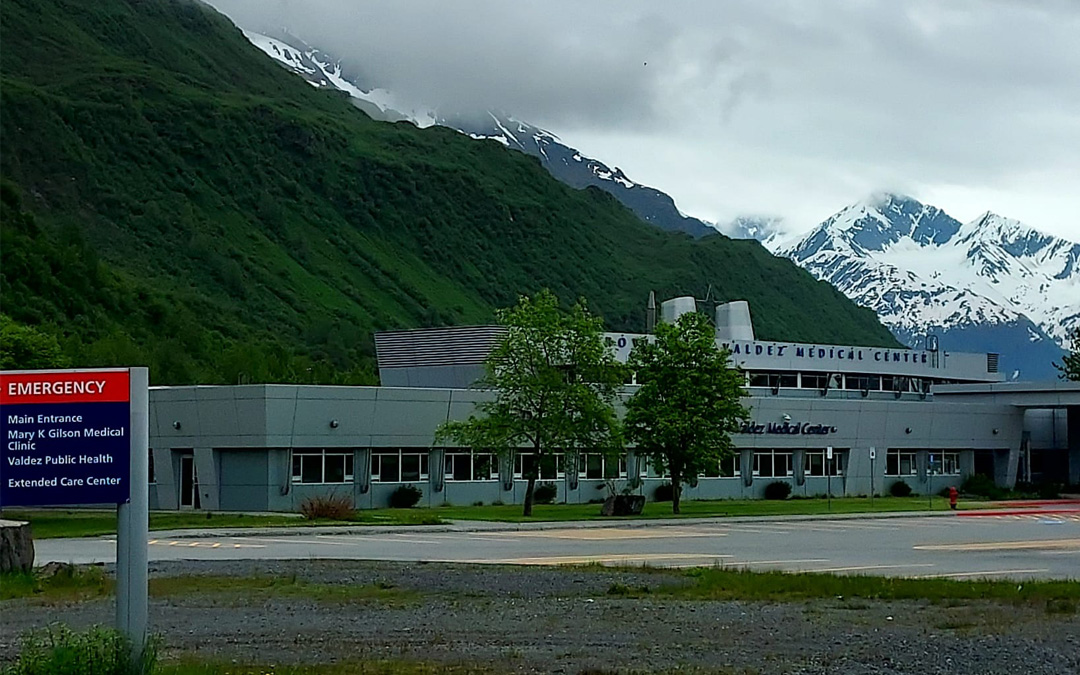A new Rutgers Global Health Institute study is investigating vaccine hesitancy in Alaska and contributing to solutions in communities that have been disproportionately impacted by COVID-19.
It is widely understood that racial and ethnic minorities and underserved communities have experienced higher rates of illness and death from the disease. Among American Indian and Alaska Native populations, these disparities are especially pronounced. In addition, COVID-19 vaccine uptake has been relatively low in Alaska. As of this March, only 65 percent of the population was considered fully vaccinated statewide, with rates closer to 50 percent in several communities.
Epidemiologist Ubydul Haque, the study’s principal investigator, aims to determine the causes of vaccine hesitancy in underserved communities in Alaska, and to develop a novel method for using social media and households’ active participation to better predict outbreaks and target interventions in vaccine-hesitant communities across the United States. The study, “Addressing Vaccine Hesitancy through Social-Media Data Collection, Machine Learning Algorithm Development, and Targeted Use,” is funded by Merck.
“In the case of COVID-19, most community-level interventions have been responsive, focused on detection, isolation, and treatment after outbreaks have already occurred,” says Haque, an assistant professor at Rutgers Global Health Institute and at the Rutgers School of Public Health. “There is a critical need to identify at-risk communities for intervention before outbreaks occur, and to tailor the responses to the needs of these communities.”
Haque is currently enrolling study participants, who will be asked to complete a 30-minute online survey about social media use and beliefs related to COVID-19 vaccines. Following the survey, study subjects will be invited (but not required) to post and share vaccine-related content and to tag posts with related hashtags to their social media accounts. Finally, participants will participate in one 45-minute focus group discussion. The identities of study subjects will be kept confidential, and participants can opt out of individual questions or the entire study at any time.
Haque is collaborating with the Navigators, a nationwide group of public health and pharmacy volunteers who are working to reduce vaccine hesitancy, increase vaccine uptake, and address vaccine-preventable causes of morbidity and mortality among underserved and underrepresented communities.
Using the data collected from the survey, focus groups, and social media analysis, the researchers will develop advanced machine learning-driven algorithms that can help identify communities at risk for COVID-19 outbreaks. The algorithm will generate high-precision, time-dependent risk maps that can help policymakers tailor their approaches to the unique needs of underserved communities.
The study aims to recruit 120 participants across six sites in Alaska. Two of the sites, Anchorage and the Matanuska-Susitna Valley, are designated in the study as “urban” (with populations of 50,000 or more). The other four, Bethel, Dillingham, Seward, and Valdez, are designated as “rural” (with populations under 7,000).

